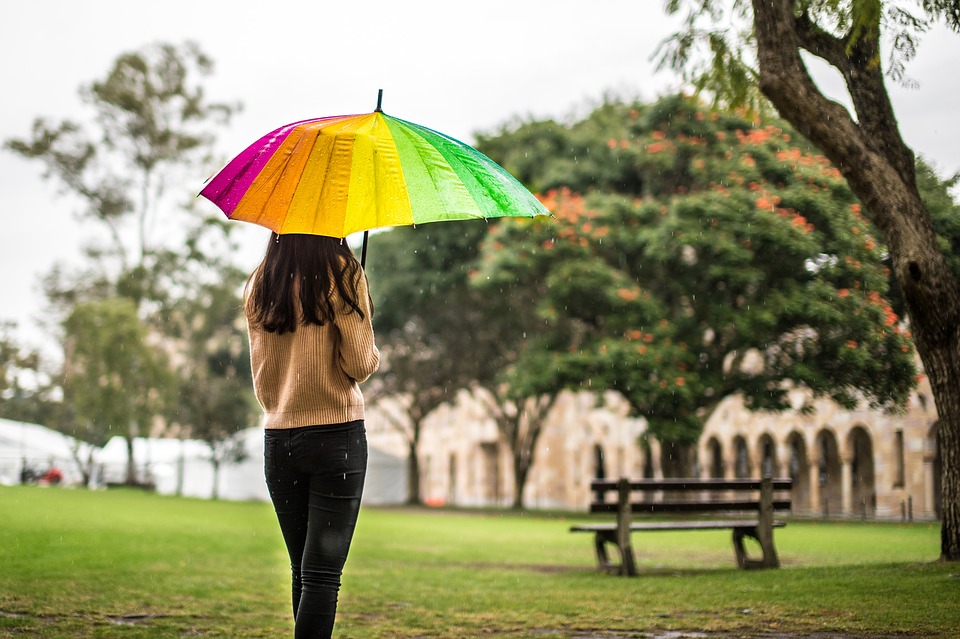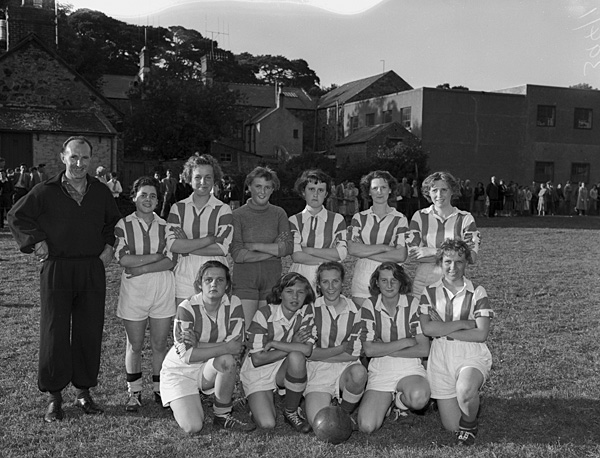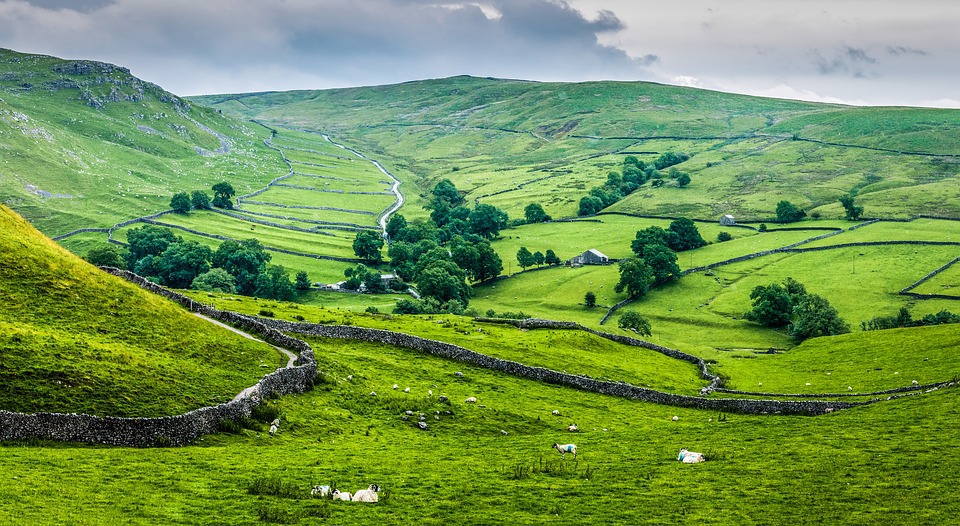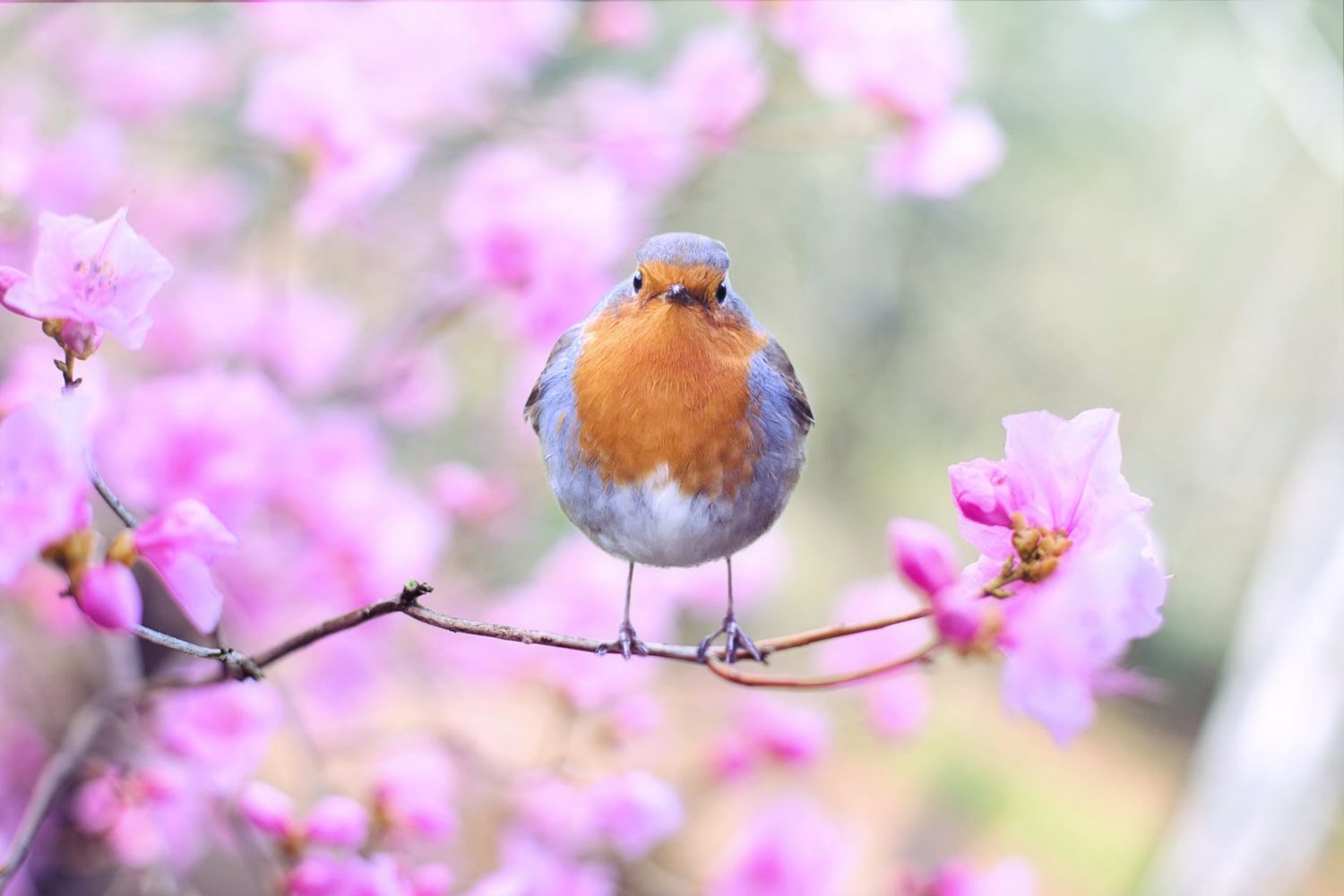 As you progress in your language learning journey, you might encounter plateaus – a time where your English skills seem to stagnate despite your efforts. These language plateaus can be frustrating, but they are often a natural part of the learning process. We’re exploring strategies for overcoming language plateaus at different proficiency levels. Whether you’re just starting out or striving for fluency, these tips will help you overcome plateaus and continue advancing in your English skills. Continue reading
As you progress in your language learning journey, you might encounter plateaus – a time where your English skills seem to stagnate despite your efforts. These language plateaus can be frustrating, but they are often a natural part of the learning process. We’re exploring strategies for overcoming language plateaus at different proficiency levels. Whether you’re just starting out or striving for fluency, these tips will help you overcome plateaus and continue advancing in your English skills. Continue reading
Author Archives:
How to Set SMART Goals for Language Learning
 Learning a new language can be an exciting journey filled with ups and downs. Whether you’re just starting out with a new language or aiming for mastery, setting clear goals can be the key to success. Incorporating SMART goals into your language learning strategy can provide direction, motivation and a clear path to improvement for all learning levels, from beginners to advanced students. Let’s get started! Continue reading
Learning a new language can be an exciting journey filled with ups and downs. Whether you’re just starting out with a new language or aiming for mastery, setting clear goals can be the key to success. Incorporating SMART goals into your language learning strategy can provide direction, motivation and a clear path to improvement for all learning levels, from beginners to advanced students. Let’s get started! Continue reading
Exploring London: A Gateway to English Language and Culture
 Visiting London to learn English is more than an educational endeavour. Stepping foot into the bustling streets of London is akin to embarking on a captivating journey through the heart of English language and culture. From the historic landmarks to the vibrant neighborhoods, every corner of the city provides insights into the language and cultural landscape that defines modern-day Britain. Join us as we embark on a virtual tour of London, uncovering the ways in which this iconic city can enrich your understanding of English language and culture. Continue reading
Visiting London to learn English is more than an educational endeavour. Stepping foot into the bustling streets of London is akin to embarking on a captivating journey through the heart of English language and culture. From the historic landmarks to the vibrant neighborhoods, every corner of the city provides insights into the language and cultural landscape that defines modern-day Britain. Join us as we embark on a virtual tour of London, uncovering the ways in which this iconic city can enrich your understanding of English language and culture. Continue reading
Raindrops and Rhymes: Exploring the Language of Rain in Nature and Art
 In the world of nature and expression, rain is both a meteorological phenomenon and a muse for writers, artists and filmmakers. Rain showers are common occurrences in the UK, so it’s no surprise that the rain has seeped into both our linguistic expressions and our art. Join us on a linguistic journey as we explore the nuanced relationship between the English language and the beauty and power of rain. Continue reading
In the world of nature and expression, rain is both a meteorological phenomenon and a muse for writers, artists and filmmakers. Rain showers are common occurrences in the UK, so it’s no surprise that the rain has seeped into both our linguistic expressions and our art. Join us on a linguistic journey as we explore the nuanced relationship between the English language and the beauty and power of rain. Continue reading
Talking Pandemic: Unravelling the Language of Coronavirus
 The Covid-19 pandemic has caused a surge in the usage of certain words and word collocations. The language of the Coronavirus outbreak includes phrases such as the ‘fight against’ Covid, the ‘spread’ of the virus, the ‘outbreak’ of Coronavirus and the ‘response to’ the virus. We’ve heard about the ‘pandemic’, the ‘crisis’, the ‘lockdown’, ‘panic buying’ at the supermarkets and the lack of ‘PPE’ in hospitals. Continue reading
The Covid-19 pandemic has caused a surge in the usage of certain words and word collocations. The language of the Coronavirus outbreak includes phrases such as the ‘fight against’ Covid, the ‘spread’ of the virus, the ‘outbreak’ of Coronavirus and the ‘response to’ the virus. We’ve heard about the ‘pandemic’, the ‘crisis’, the ‘lockdown’, ‘panic buying’ at the supermarkets and the lack of ‘PPE’ in hospitals. Continue reading
Pop-Up Language Museum Tours UK to Encourage Young Learners
 The first pop-up language museum opens its doors this week in an attempt to spark greater enthusiasm for foreign language study. Pop-Up World of Languages is a project of the Arts and Humanities Research Council, spearheaded by Professor Wendy Ayres-Bennett from Cambridge University and other linguists from Nottingham, Edinburgh and Belfast. Professor Ayres-Bennet hopes the language museum will help to ignite the interest of young learners and highlight the importance of learning foreign languages in schools. Continue reading
The first pop-up language museum opens its doors this week in an attempt to spark greater enthusiasm for foreign language study. Pop-Up World of Languages is a project of the Arts and Humanities Research Council, spearheaded by Professor Wendy Ayres-Bennett from Cambridge University and other linguists from Nottingham, Edinburgh and Belfast. Professor Ayres-Bennet hopes the language museum will help to ignite the interest of young learners and highlight the importance of learning foreign languages in schools. Continue reading
Join Our Feathered Friends for International Dawn Chorus Day
International Dawn Chorus Day falls on first Sunday of May. This is the perfect time for bird watching, as our feathered friends build their nests and new families of birds arrive in our gardens. But do you recognise all of our feathered visitors?
Our bird vocabulary EFL lesson explores the most common garden birds, learning their names, appearances, nesting habits, food preferences and other related bird vocabulary. We’re also exploring bird-related idioms, proverbs and slang phrases inspired by birds, as we prepare for a feathered EFL lesson!
FIFA Women’s World Cup France 2019
 The FIFA Women’s World Cup France 2019 is in full swing! The competition runs from 7th June until 7th July and the games will be played in nine venues across France with 24 teams competing for the chance to lift the trophy. Join us for an exploration of the competition, the venues and the teams as we create all the ingredients for a Women’s World Cup France 2019 EFL lesson! Continue reading
The FIFA Women’s World Cup France 2019 is in full swing! The competition runs from 7th June until 7th July and the games will be played in nine venues across France with 24 teams competing for the chance to lift the trophy. Join us for an exploration of the competition, the venues and the teams as we create all the ingredients for a Women’s World Cup France 2019 EFL lesson! Continue reading
History of Women’s Football EFL Lesson
 The Women’s World Cup is currently in full swing, so we’re riding on the waves of footy euphoria and using the tournament as a springboard to explore the fascinating and turbulent history of women’s football. This is a great topic for the EFL classroom as a conversation lesson that can be adapted for all language levels, concerning issues of sport, politics and sociology. It also includes lots of vocabulary that will be useful for language learners across many areas.
The Women’s World Cup is currently in full swing, so we’re riding on the waves of footy euphoria and using the tournament as a springboard to explore the fascinating and turbulent history of women’s football. This is a great topic for the EFL classroom as a conversation lesson that can be adapted for all language levels, concerning issues of sport, politics and sociology. It also includes lots of vocabulary that will be useful for language learners across many areas.
How did women’s football go from being hugely popular in the 1920s to being almost unknown in the UK for fifty years? Read on to find out how and why women’s soccer was side-lined – and how it is now experiencing a resurgence to become the fastest growing sport in the world. Continue reading
Yorkshire Dialect Dictionary Uncovers 4,000 Regional Words
 The Yorkshire Historical Dictionary has recently been published online by the University of York. The dictionary collects together more than 4,000 Yorkshire terms and is the life-long work of historian Dr George Redmonds, who died aged 82 in August 2018. The Yorkshire dialect dictionary is a fascinating insight into not only the changing vocabulary but also the culture, history and people of the region. Continue reading
The Yorkshire Historical Dictionary has recently been published online by the University of York. The dictionary collects together more than 4,000 Yorkshire terms and is the life-long work of historian Dr George Redmonds, who died aged 82 in August 2018. The Yorkshire dialect dictionary is a fascinating insight into not only the changing vocabulary but also the culture, history and people of the region. Continue reading

